- Introduction
The Federal Government of Nigeria has received a Facility from the African Development Bank (AfDB), International Fund for Agricultural Development (IFAD) and the Islamic Development Bank (IsDB) to finance the cost of the Special Agro-Industrial Processing Zones Program (SAPZ), and intends to apply part of the proceeds towards carrying out various consultancy services. The SAPZ Program is being implemented in the seven (7) States and the Federal Capital Territory (FCT). The States are Cross River, Imo, Kaduna, Kano, Kwara, Ogun and Oyo.
The overall development objective of the SAPZ programme is twofold: (1) Support the development of SAPZ in high food production areas to supply the domestic food market and create exportable surpluses; and (2) Capacitate smallholder farmers, small agro-processors and traders, and community-based service providers, including women and youth; to take advantage of the market demand created by the SAPZ to sustainably enhance their income, household food security and resilience to climate change.
The programme has four components namely:
➢Component 1: Infrastructure Development and Management for Agro-Industrial Hubs (AIHs). Under this AfDB-led component, the programme will support the FGN in developing and setting up SAPZs in high potential states.
➢Component 2: Agricultural Productivity, Production, Market Linkages and Value Addition in SAPZ Catchment Areas. Under this component, SAPZ’s objective is threefold: (i) support smallholder farmers and small operators to increase their productivity/production and capacity to add value to raw materials on a profitable and environmentally sustainable basis; and (ii) link them to the additional market outlets offered by the Agro-Industrial Hubs (AIHs), off-takers supplying the local and national market who operate in the target area, and small processors/traders supplying the local markets, including primary processors operating in the Agricultural Transformation Centres (ATCs); iii) enhance the resilience and adaptive capacity of smallholder farmers to climate change..
➢Component 3: Policy and Institutional Development Support. The objective of component 3 is to support the development of enabling policies, legislation, and regulation for SAPZs in Nigeria to create a conducive business environment for private sector investment and to address inefficiencies and market failures in agricultural value chains.
➢Component 4: Programme Coordination and Management. This component will ensure that the programme is efficiently and effectively managed to achieve expected results.
This Terms of Reference (ToR) outlines the consultancy services required to conduct an in-depth value chain analysis of these four priority commodities across selected Local Government Areas (LGAs) in Kano State.
- Objective of the Consultancy
The overall objective is to conduct a detailed value chain analysis that will:
i. Map the value chains for rice, tomato, groundnut, and sesame, identifying key actors, functions, and linkages.
ii. Assess production, processing, and marketing challenges faced by smallholder farmers and processors.
iii. Identify constraints and opportunities for improving value addition, processing efficiency, and market access.
iv. Evaluate the policy and institutional environment affecting value chain competitiveness.
v. Provide actionable recommendations to strengthen value chain governance, market integration, and private sector participation.
Kindly download the attached documents for more details please.
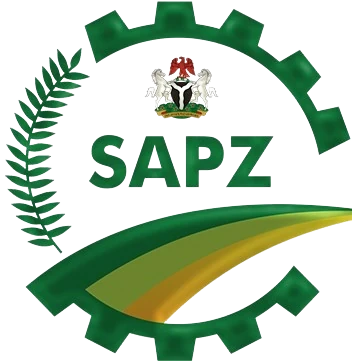
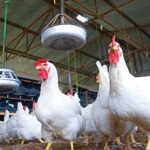

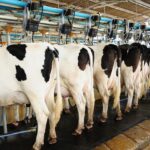
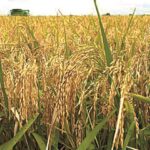
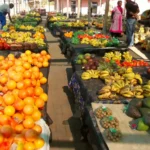
Recent Comments